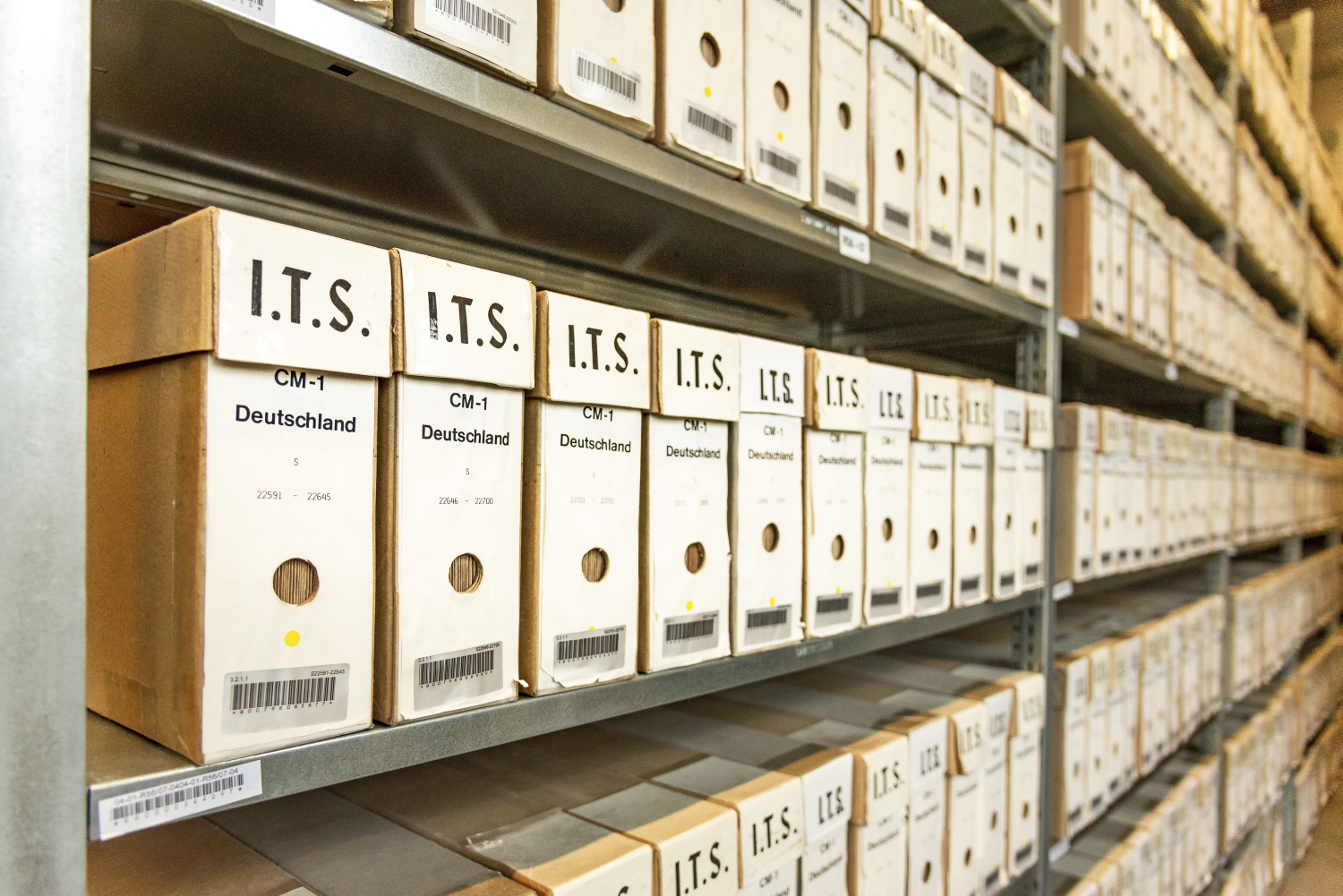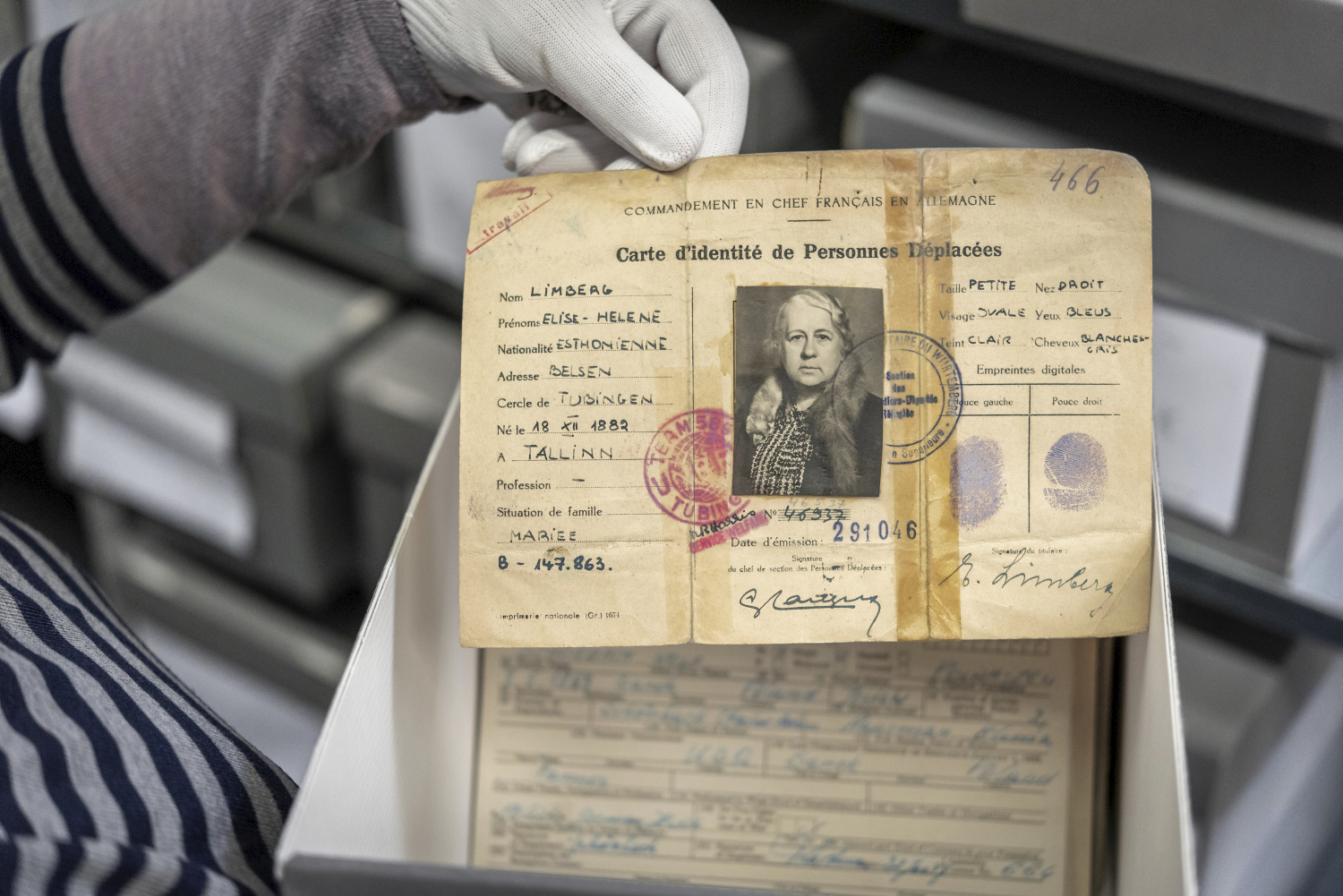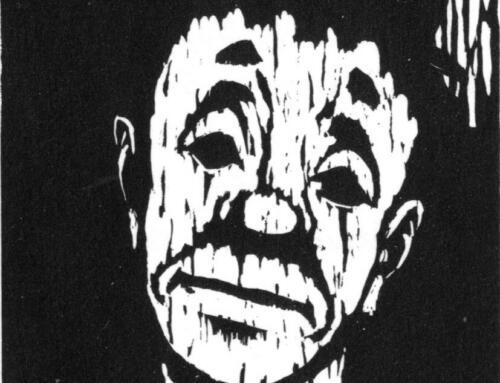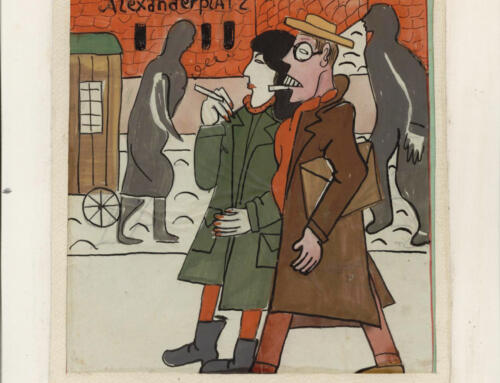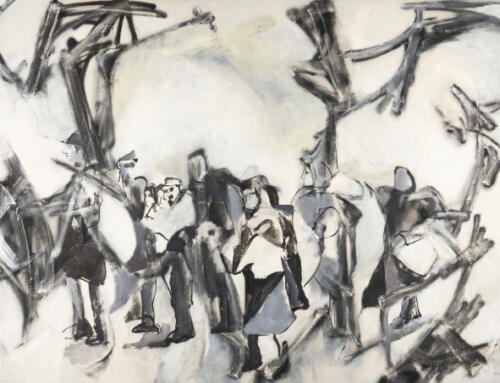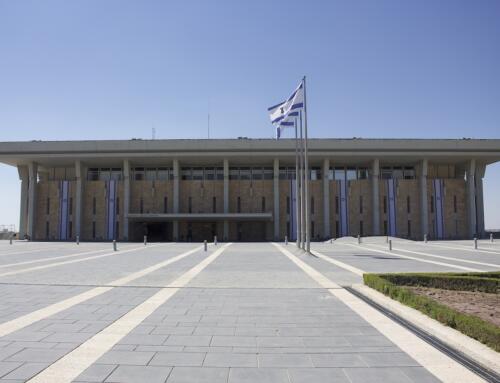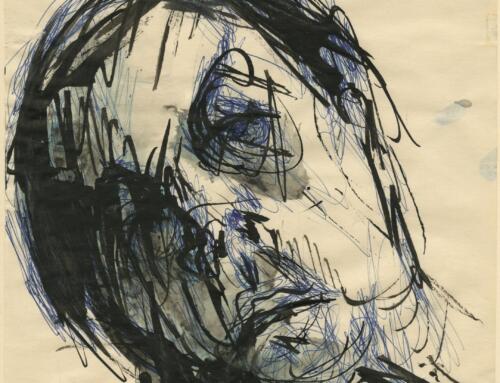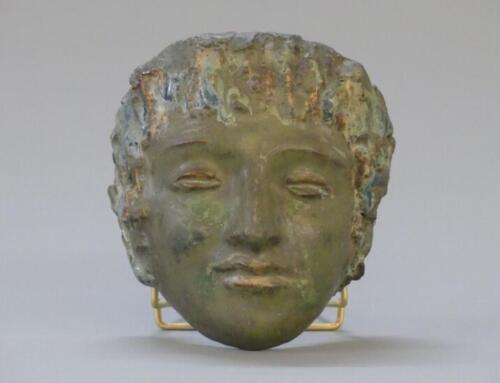Dear Friends,
We now are embarking on an exciting new project, which is only successful with everyone’s help: starting Wednesday, March 10 we are partnering with the Arolsen Archives to help build the largest digital memorial to the victims of Nazism. And we actually are the first US organization to partner to do so.
We invite you to join us on Wednesday, March 10 at 12:00pm ET for the Zoom event “Building the Largest Digital Memorial to the Victims of Nazism: The Arolsen Archives” to hear Floriane Azoulay (Director) and Giora Zwilling (Deputy Head of Archives) from the Arolsen Archives speak about the importance of the documents at Arolsen Archives for Holocaust research, and the role that the crowdsourcing initiative “everynamecounts” plays in their effort in making the information globally accessible.
Please register for the Zoom event HERE.
Arolsen Archives, Arolsen (Germany). Foto Johanna Gross
The International Tracing Service (ITS), since 2019 called Arolsen Archives, was established by the Allies in 1948 as a central search and information center. They house the world’s most extensive collection of documents about the victims of National Socialist persecution, including documents from Nazi concentration camps, ghettoes and penal institutions, documents about forced laborers, and documents from the early post-war period about Displaced Persons, mainly Holocaust survivors, former concentration camp prisoners, and forced laborers. People who had fled the sphere of influence of the Soviet Union for political reasons are also included.
The archive’s holdings consist of 30 million documents in total and belong to UNESCO’s Memory of the World. Since 2019, the Arolsen Archives have published 27 million of those documents online, but the number of searchable names and keywords is still extremely limited.
Join us in recording names and paths of persecution! You can digitally transcribe names and data from scanned historical documents so this information can be found in the Online Archive in the future. No specialist knowledge is needed – everyone can contribute.
The crowdsourcing website guides you through the archival documents and displays help texts to assist you. All project information is available in English and German, Spanish, Polish, and French.
START HERE.
Let’s ensure that the victims of Nazi crimes are never forgotten!
Did you find out something you did not know before? Let us know your progress and experience, so we can record it on our designated webpage HERE.
And if you can, please consider giving to the Fritz Ascher Society HERE.
All best wishes,
Rachel Stern
Director and CEO
Join the conversation!
#FritzAscher
@FritzAscherSociety
Follow us on instagram or twitter, befriend us on facebook, or check out our website!



